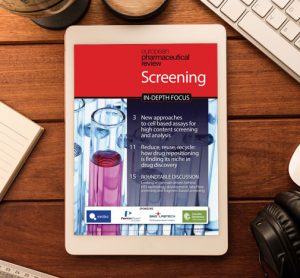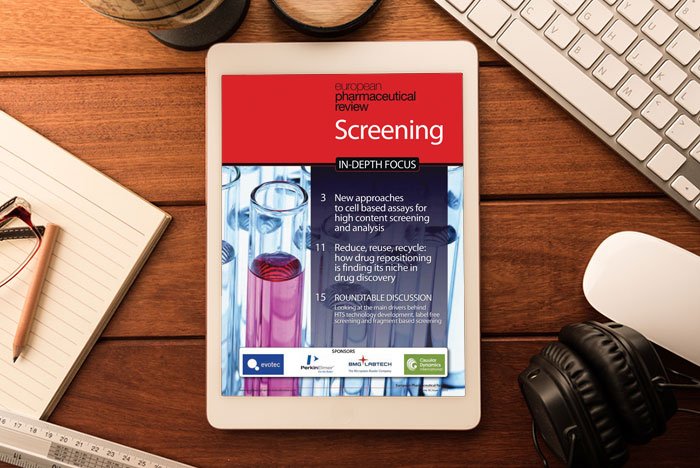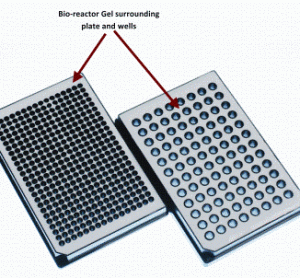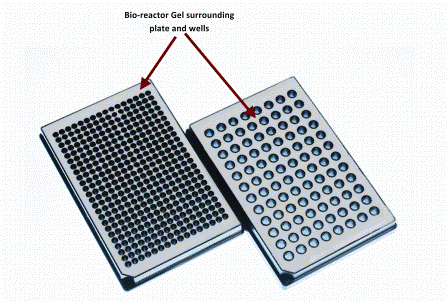Screening In-Depth Focus 2013
In this Screening In-Depth Focus: New approaches to cell based…
In this Screening In-Depth Focus: New approaches to cell based assays for high content screening and analysis; Reduce, reuse, recycle: how drug repositioning is finding its niche in drug discovery; Workshop Review: Biochemical assays for screening. Screening roundtable...












